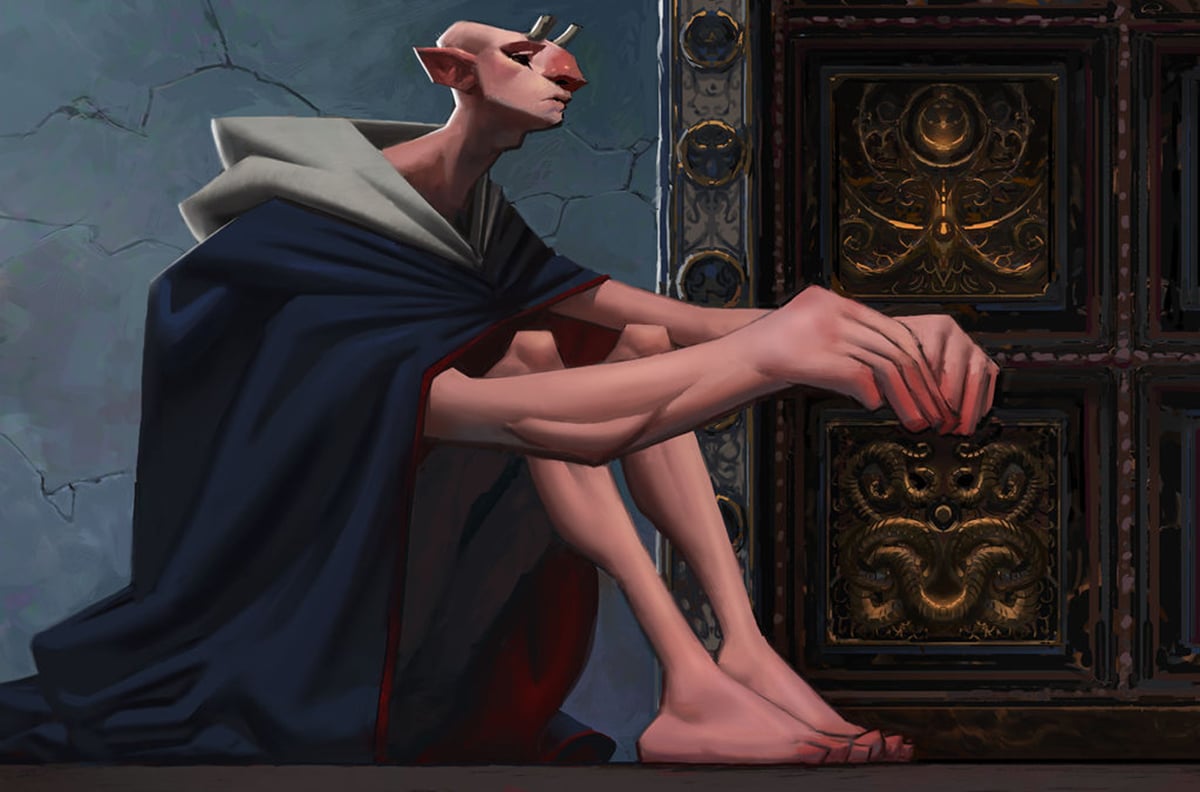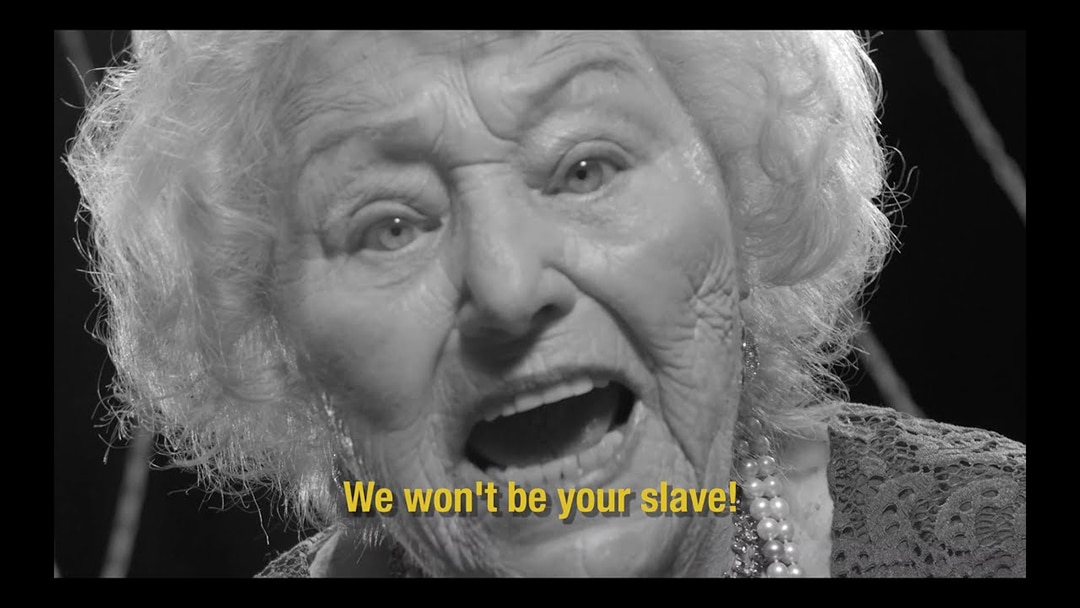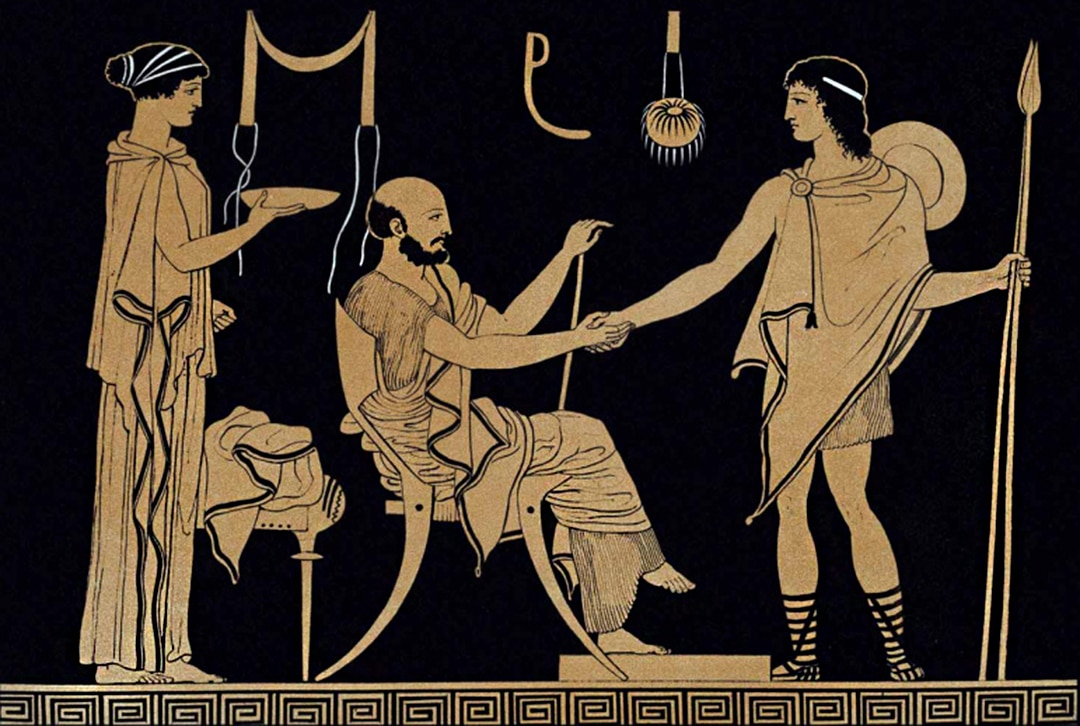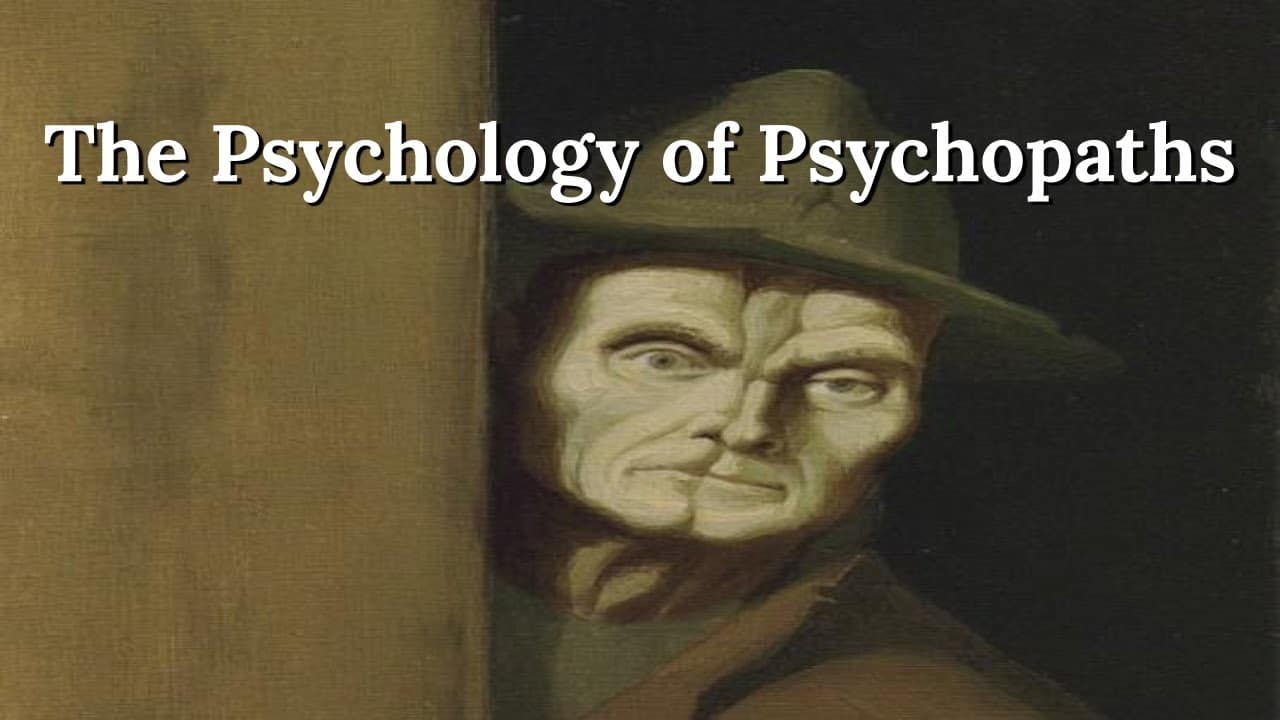

Gatekeeper by InkyhToward some semblance of sanity
Toward some semblance of sanity
by Toby Rogers | Dec 27, 2022
I. Rethinking Brahmanism
The Ivy Leagues in the United States select for Brahmins — the kids for whom learning comes easy (I’m defining American Brahminism as distinct and different from how that word is used in India). So they look for perfect scores on SATs and GPAs. But it must come easily and appear effortless. (In that respect, Matt Damon’s character in Good Will Hunting is the embodiment of that system, not its opposite.) In an interview if you ask one of these Brahmin kids how many pennies it takes to fill up the room, they can work out a reasonable answer, out loud, in just a few minutes, that is a close approximation to the correct answer. Then everyone nods and knows that they’ve found a golden child. The administrators know that this kid is special, the kid knows that he/she is special, and that gets reinforced every day for four years. It’s like the search for the next Dalai Lama on a mass scale. Yes there are legacy admissions, but even within the legacies, the admissions officers are looking for Brahmins.
But then something goes terribly wrong.
Depending on the year, about 40% of Harvard grads go into consulting or finance jobs. They are not necessarily trained in finance or consulting nor is that their long-term career goal. Finance and consulting companies just hoover up these kids because they are Brahmins and want to win at all costs (thus the consulting companies know that ethics won’t get in the way). So these kids spent 4 years studying art, music, literature, philosophy, and then boom, they are turned into well-paid prostitutes serving capital. If these kids were really that smart, then why do none of them seem to object to this soul-destroying system?
And now it is happening again. Intelligence is inversely correlated with the number of shots one has received. Yet the Brahmin class in our society is lining up to kill themselves in order to reinforce our society’s mad belief in this junk science product.
So the Brahmins then, who breezed through calculus as if they already knew it in a previous life, are not in fact smart after all. They had aptitude in a narrow slice of knowledge, but an inability to think critically. They had a confident self-image that came from always winning at the (rigged) game of life. And now they are dropping dead as a result of their ignorance.
What an extraordinary turn of events.
II. Toward a university ranking system not based on empire
The various university ranking systems (Times Higher Education, QS, U.S. News, etc.) are designed to measure an educational institution’s alignment to empire. Universities that receive the most government and corporate grants and whose professors dominate their field with the most publications, are rewarded with the best rankings.
But what if one lives in a society where the government and corporate sector (and even academic publishing) are obviously corrupt and need to be overthrown? Then either you play along or kiss your top university ranking goodbye.
Universities need to be careful what they wish for. Being a top-ranked German University in 1935 looks a whole lot different by 1945. That’s the dilemma that universities throughout the developed world face right now. They want to be top-ranked, but alignment with empire makes them complicit in the iatrogenocide. As Naomi Wolf discovered recently, Yale currently takes more money from the genocidal U.S. Department of Health and Human Services than it takes from student tuition.
If the developed world survives the current self-inflicted calamity, then the vast majority of these elite universities are going to owe reparations for their role in the iatrogenocide — and their leadership may be prosecuted at Nuremberg II.
So when we overthrow the government, we will need to undo all of this. We need a wall to separate universities from the state in the same way that we separate church and state (repealing the disastrous 1980 Bayh-Dole Act would be a good start). We must never again allow universities to be handmaidens to government or corporate interests (that are really just mercenaries on behalf of capital).
But the problem is bigger than rankings — the problem is the values we hold as a society. Young people and parents were led to believe that universities that aligned themselves with empire were “good”. Yet nearly everything that mainstream society believes about merit and worth is really about proximity to power. Now that power itself is dedicated to iatrogenocide, these values are revealed as rotten and putrid.
III. Toward an economy not based on theft
For the last 500 years, the global economy has been based on theft. From the time of Columbus, Europeans stole the labor of Africans and indigenous Americans and the resources of the New World in order to enrich themselves. That was followed by the theft of indigenous lands (Manifest Destiny) and the theft of whole countries (colonialism and neocolonialism). More recently, unequal trade relationships have enabled developed countries to continue to steal the resources from conquered countries without the moral taint of de jure slavery.
Yes, I get that within this massive system of theft there is innovation — the steam engine, pesticides, and the computer are obvious examples. And within this system of organized theft there is art and culture and many people are decent. But the entire system is made possible by, and is dependent upon, the theft of labor and resources from those who lack sufficient firepower to protect themselves from exploitation.
The Covid debacle is best understood as the next phase in a global economy based on theft. Now elites are stealing our bodies and our health. Under Covid, the state forces citizens to surrender their bodies to Pfizer and Moderna so that every cell in their body can be turned into a miniature factory to produce spike proteins that enrich the cartel. Chronic illness turns every body into a profit center for the pharmaceutical industry.
As I have pointed out many times before, we live in a society that is dedicated to iatrogenocide. Poisoning people, particularly children, and covering it up, is what makes our economy run. And the economic base determines the superstructure — so everyone employed in this endeavor (which makes up an increasingly large share of the economy) quickly comes to see their actions as good, just, and true.
If we are to survive as a species we have to find a way to shift our economic base from theft to something else altogether. And right now I do not know what that will be (it will depend on an as yet undiscovered invention like the steam engine or computer). Poisons and computers (the base) are just so incredibly dominant right now and the superstructure (the values) that flow from these technologies apparently are totalitarianism and genocide.
I doubt it will be enough to simply smash the computers and tear down the cell phone towers (and the government). For whatever reason, apparently, one can never go back to the previous level of development without a massive loss of well-being. I believe that we need to figure out a way to out-innovate the current monsters and beat them in the race to the future. That means coming up with a new medical system and finding something for people to do every day other than poisoning and killing their fellow citizens.
IV. Conclusion
It turns out that the Brahmins were never the best nor the brightest. University rankings (and the notion of merit) in our society are based on alignment with empire, not truth. For at least five centuries (and probably longer) our economy has been based on theft. Today that theft has been supersized and the most corrupt industry in the world wants to own every cell in your body.
So the revolution we seek does not merely aim to replace the gatekeepers at the top (although we certainly aspire to that as well). We seek a revolution in values and perspectives. Above all, we seek an economy, perhaps for the first time since the hunter gatherers, that is based on respect and innovation rather than theft and murder. That is the task before us and what we must figure out in the coming months and years.





0 Comments